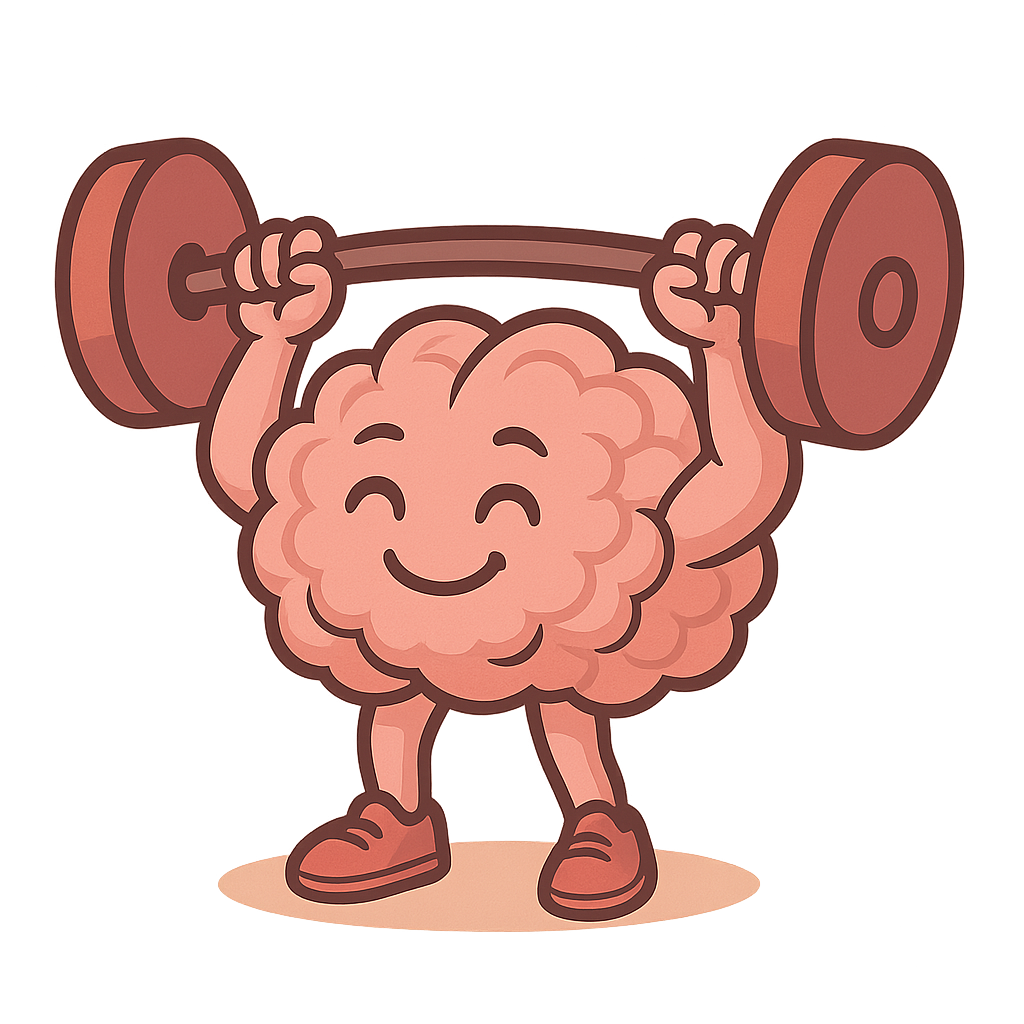Ray Dalio manages $140 billion and meditates daily. Marc Benioff credits meditation for Salesforce's success. Oprah built a media empire while maintaining a 20-year practice. The pattern isn't coincidence—it's competitive advantage.
High performers meditate not only for spiritual enlightenment but to give themselves a cognitive edge: breaking what I call "thought-identity fusion." Meditation is the ultimate performance hack.
Meditation: Beyond Thought
Forget the mystical stereotypes. Meditation is a practice of observing your own mind without being hijacked by it.
Consider this familiar scenario: Someone criticizes your work. You feel anger, maybe lash out, then spiral into self-judgment: "I'm a bad person for thinking that. How could I react that way?"
This is thought-identity fusion—mistaking impermanent thought and emotion for permanent self-definition. It's exhausting, counterproductive, and frankly untrue. Yet most of us live hijacked by our own mind, reacting to mental triggers like a pinball bouncing between thoughts. We mistake the noise of thought for who we are.
Meditation creates distance between you and your thoughts. You realize that thoughts arise spontaneously — often irrationally — and that you need not identify with or act on them. Thoughts merely exist within your consciousness. Instead of letting thoughts consume you, you observe them, let them pass, and then choose to identify with or act upon them.
When you meditate, you don't empty your thoughts. You instead watch them arise and dissolve, developing awareness that you exist beyond your own thoughts.
Meditation's Performance Benefits
The cognitive shift from meditation practice delivers measurable mental and physical health benefits.
First, meditation provides numerous mental benefits:
- Reduces stress
- Enhances focus and attention
- Reduced emotional reactivity
- Mitigates anxiety and depression
And the most rigorous meta-analysis on the subject found that meditation reduces negative emotions (anxiety, sadness, anger, fear) as effectively as antidepressants — but without side effects.2
Second, meditation also levels up your physical health:
- Reduces pain
- Enhances sleep quality
- Lowers blood pressure
- Improved chronic stress markers
The Real Value: Breaking Thought-Identity Confusion
Saying meditation benefits your health, however, does little justice to the practice. It's like saying reading is good for your mental health because it helps you relax and destress. It doesn't get to what the point of meditating is.
The deepest insight from meditative practice is to realize the fundamental confusion most live with: That our thoughts with who we are.
Getting Started: The 60-Second Test
Try it out now. Set a timer for a minute. Focus on your breath. When thoughts arise, notice them, let them go, and return to your breath. Don't judge the thoughts or yourself for having those thoughts.
Did you find that enjoyable? Challenging? Frustrating?
It's important to keep in mind that the point isn't to get to some special end state state, but it's practicing awareness.
Building a Practice
With technology, mobile apps have made meditation incredibly accessible:
Free Options
- UCLA Mindful App (university-backed)
- Medito (nonprofit, great for beginners)
- Miracle of Mind by the Isha Foundation (good Reddit reviews)
Premium Options
- Headspace (structured, gamified approach)
- Waking Up (philosophy-focused, lectures, podcasts, and other content beyond meditation)
Note: Waking Up offers reduced pricing for those who can't afford their full annual membership. Contact their support team for more information.
Why Now?
Your mind is your primary tool. Meditation is mental fitness.
While others get swept away by every thought and emotion, you develop the capacity to observe, choose, and respond deliberately. That's better business, better living, and a better life.
The most successful people understand this fundamental truth: Mental clarity isn't luxury—it's necessity.
Signing off,
~Your guide, not guru, Harish.
P.S. Yes, I use clickbait titles because they work. And usually contain truth worth sharing.
Expect more.
💌 Support the work, buy me an espresso!
It keeps the lights running, the writing flowing, and the espresso, too.
References
- Khoury, B., Lecomte, T., Fortin, G., Masse, M., Therien, P., Bouchard, V., Chapleau, M. A., Paquin, K., & Hofmann, S. G. (2013). Mindfulness-based therapy: a comprehensive meta-analysis. Clinical psychology review, 33(6), 763–771. https://doi.org/10.1016/j.cpr.2013.05.005.
- Goyal, M., Singh, S., Sibinga, E. M. S., Gould, N. F., Rowland-Seymour, A., Sharma, R., Berger, Z., Sleicher, D., Maron, D. D., Shihab, H. M., Ranasinghe, P. D., Linn, S., Saha, S., Bass, E. B., & Haythornthwaite, J. A. (2014). Meditation Programs for Psychological Stress and Well-being: A Systematic Review and Meta-analysis. JAMA Internal Medicine, 174(3), 357–368. https://doi.org/10.1001/jamainternmed.2013.13018.
- Sedlmeier, P., Eberth, J., Schwarz, M., Zimmermann, D., Haarig, F., Jaeger, S., & Kunze, S. (2012). The psychological effects of meditation: a meta-analysis. Psychological bulletin, 138(6), 1139–1171. https://doi.org/10.1037/a0028168.
- Pascoe, M. C., Thompson, D. R., Jenkins, Z. M., & Ski, C. F. (2017). Mindfulness mediates the physiological markers of stress: Systematic review and meta-analysis. Journal of psychiatric research, 95, 156–178. https://doi.org/10.1016/j.jpsychires.2017.08.004.
